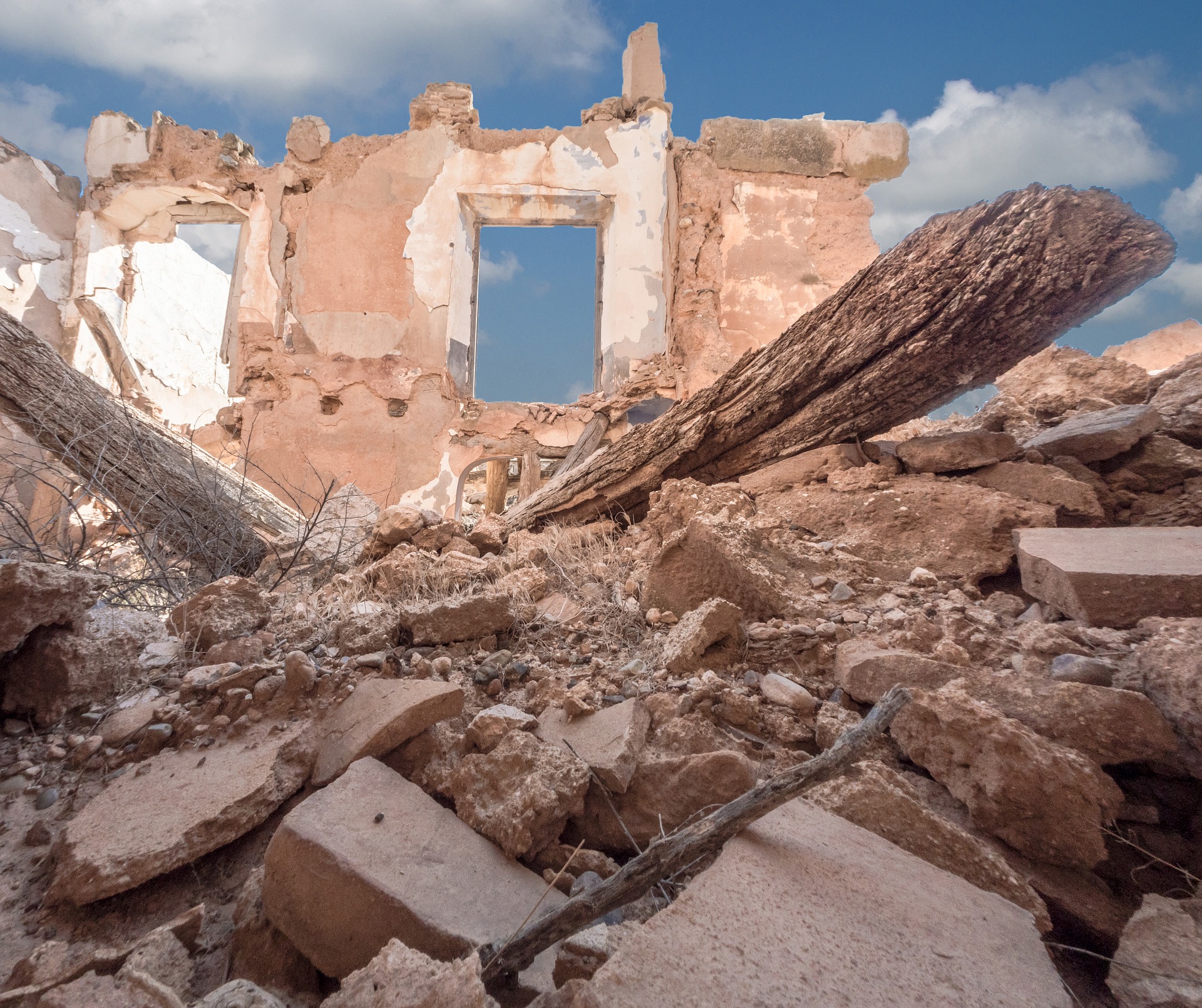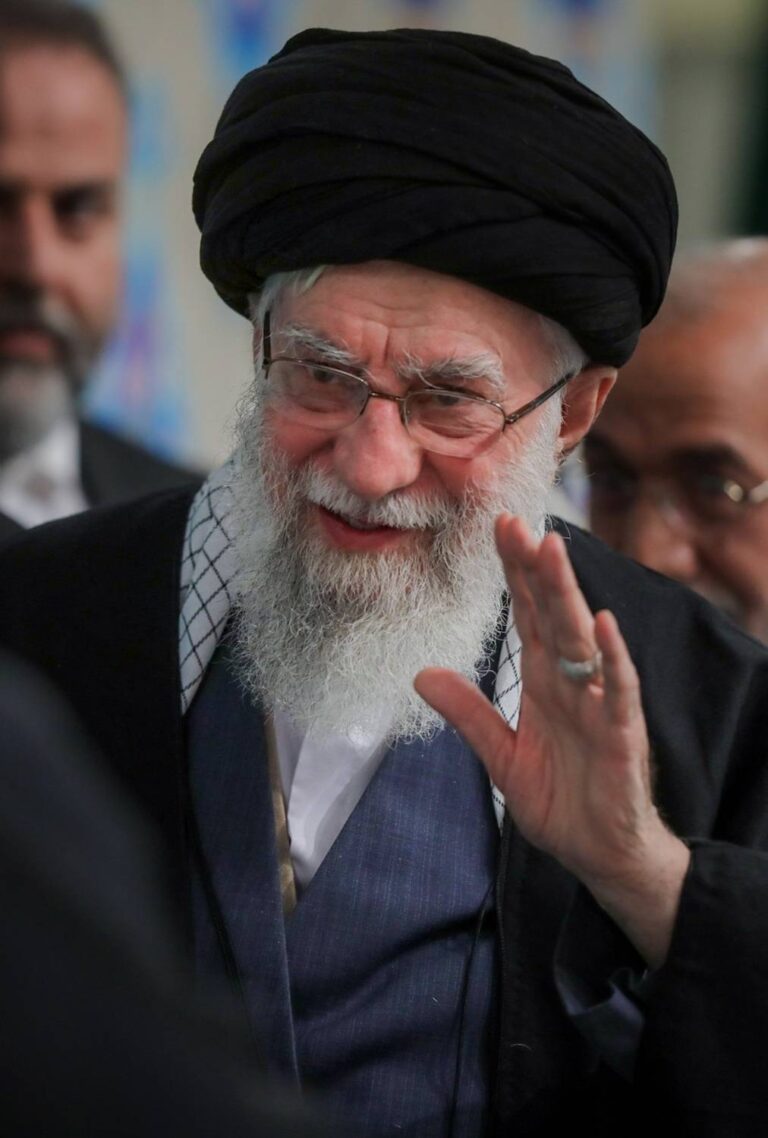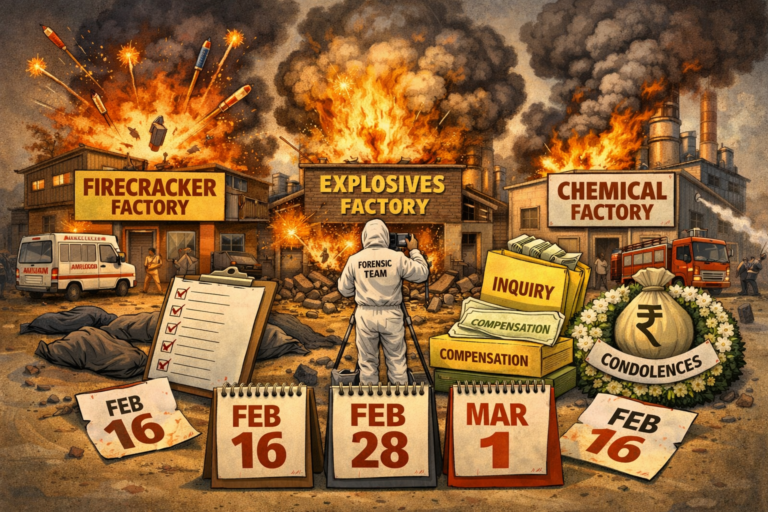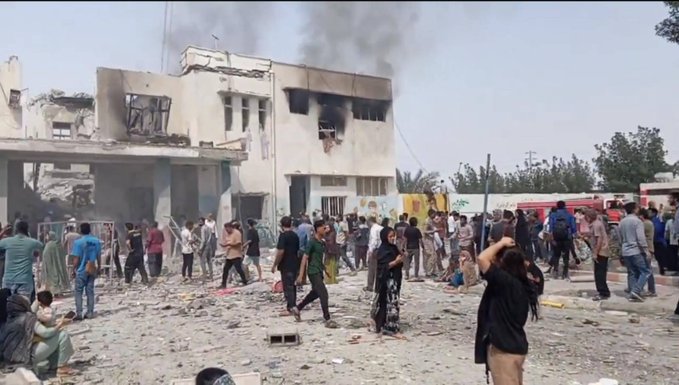
 By Deepak Parvatiyar
By Deepak Parvatiyar
The United Nations’ Security Council, acting in a rare moment of consensus on the complex, decade-long Syrian conflict, voted unanimously on July 9, 2021 in favour of a compromise resolution extending the use of the Bab al-Hawa border crossing for the delivery of humanitarian aid for six months, with the expectation of a subsequent renewal for another six months, until July 10, 2022.
The United Nations has said that the cross-border humanitarian assistance remains a lifeline for millions of people in the area and beyond. The re-authorization will ensure humanitarian assistance continues for over 3.4 million people in need, including 1 million children in the war-ravaged Syria.
But does the UNSC’s resolution signal a major thaw in global politics vis a vis the Syrian crisis?
It may be mentioned the Syria border crossing was due to close on July 10, 2021 without UN authorisation for another year, and Russia already succeeded in reducing the border openings to just one. There were even apprehensions as reported in a section of media of Moscow using its veto power to stall the reopening of the border crossing. As it is, while Russia and Iran offered military support to the Syrian government, the USA in the past went on to accuse Syrian President Bashar al-Assad’s forces of killing 1,429 people in a poison gas attack on August 21, 2013. Saudi Arabia, Qatar, and Turkey along with UK and France – all of them American allies – provided financial, logistical, political and even military support to the Syrian opposition, politically represented by the Syrian National Coalition, and its associated rebel groups. However, significantly on March 11, 2021, Russia, Qatar and Turkey had issued a statement about Syria, in a move to promote a political solution to Syria’s 10-year conflict.
Now both the US and Russia have hailed the latest Syria resolution. As the US Ambassador to the UN, Linda Thomas-Greenfield said, “The humanitarian agreement we’ve reached here will literally save lives.”
Also read:
- Decade-long Syria conflict is the biggest failure of the United Nations
- Myanmar and Syria expose the United Nations’ limitations; High time to reform the UN
- Pandemic and economic crisis inflict new dimensions of suffering on war ravaged Syrians
- With no respite in sight for war-ravaged and pandemic-hit Syrians, UN agencies seek international support
- Syria’s initial declaration on chemical weapons stockpiles not ‘Accurate and Complete’, top disarmament official tells Security Council
Media reports suggest that Russia agreed to vote for the resolution following last-minute talks with the United States. Linda said she welcomed the fact that her country and the Russian Federation were able to come together on a crucial matter long debated in the Council. “The compromise is also important for the broader United Nations, showing that we can do more than just talk. The Organization can now get back to its core business of delivering necessary aid to those who need it most,” she said.
Russian Ambassador Vassily A. Nebenzia had told the UNSC that his delegation was satisfied that the Council managed to reach an important point of convergence on such a complex topic. “We are grateful for this,” he had said, thanking the United States delegation for working in the spirit of the commitments achieved during the recent summit held between Presidents Vladimir V. Putin and Joseph R. Biden.
Nebenzia had also pointed out that the compromise text stresses, for the first time, the need to enhance cross-line aid deliveries, in line with the United Nations core humanitarian principles. Through its adoption, the Council has given the green light for the ultimate replacement of the cross-border mechanism with cross-line aid deliveries. Noting that his delegation intends to follow matters closely over the next six months and awaits the Secretary-General’s report on the cross-border system, he said the agreement nevertheless marks a “historic turning point”.

Ned Price, Spokesperson, US Department of States, said the Security Council averted an even worse catastrophe for a population that has already suffered far too much. “The UN and its NGO partners can now continue uninterrupted the important business of saving lives through the delivery of food, shelter, medicine, COVID-19 vaccines, and other humanitarian assistance to Syrians in need.”
Ned described the resolution was an important moment for the UN and the Security Council, demonstrating that “we can work together to find solutions and deliver action on the world’s most pressing challenges”.
There is a growing interpretation that the UNSC resolution could be a possible turning point in the relationships between Russia and the USA. The UN Secretariat believes that there is nothing that it’d like more than close, positive and productive cooperation between members of the Security Council, between the permanent members of the Security Council and between the United States and the Russian Federation.
However, while the resolution is being welcomed globally, needs continue to outstrip the response in Syria. As the United Nations Secretary-General António Guterres highlighted to the Council on July 9, 2021, with additional crossings and expanded funding, the United Nations could do more to help the rising number of people in need. This brings the focus on the issue of just the one crossing at Bab al‑Hawa.
The UNSC authorizations apply only to Bab al-Hawa, and not to several other crossing points whose use was previously curtailed by the Council. The second six-month extension remains pending, subject to the issuance of a substantive report by the Secretary-General on transparency in aid delivery operations and progress on cross-line access, but is anticipated according to today’s resolution.
Can that be sufficient?
As India’s Permanent Representative to the UN told the Council the while the resolution will reassure the 3.4 million living in north‑west Syria, the UNSC must also reflect on the humanitarian situation in the rest of the country as urgent action is needed to address reconstruction needs.
Stéphane Dujarric, Spokesman for the Secretary-General, however, told mediapersons in New York: “The fact that we have the ability to use that crossing will bring relief, even temporary, Band‑Aids, whatever you want to call… relief to millions of people. Obviously, there is demand… there’s a great demand. We cannot meet that demand. We’ve always been clear of what we wanted. It was clearly… critically important for us to have cross‑border access. We continue to have it. It goes without saying, with more, you can service more people, but we very much welcome this resolution. And I think we also very much welcome and note the fact that it was adopted unanimously and that there were not competing drafts, and I think that sends… we are always heartened when there is a unified, singular voice from the Security Council, as we had today.”
“The United Nations continues to engage with all parties to also facilitate cross‑line convoys. They are critical for the expansion of the overall response as humanitarian needs continue to grow,” he added.
However, going by Syria’s representative Bassam Sabbagh’s contention, Western States were focusing on the cross-border mechanism only to serve their needs without any regard for the suffering of the Syrian people or the sovereignty of the Syrian State. He had told the Council that the West was ignoring important aspects of the humanitarian situation in his country that were brought to light by the delegations of the Russian Federation and China — including the effects of COVID-19, the need to lift unilateral sanctions and the importance of providing humanitarian aid beyond the emergency needs of affected populations. he claimed that describing the cross-border mechanism as a “lifeline” was an exaggeration that plays with the sentiment of public opinion and constitutes “emotional blackmail”. He reaffirmed his country’s rejection of the “politicized mechanism which constitutes a flagrant violation of Syria’s sovereignty, territorial integrity and independence”.
It is high time that such complications are addressed jointly by the global community at the UNSC. The beginning is already made now. It is going to be a tough task given Syrian President Bashar Al-Assad’s own track record. Consider that on December 5, 2020, the UNSC had noted that outstanding issues related to Syria’s initial declaration of its chemical weapons stockpile and programme cannot be considered “accurate and complete”. The trust deficit should be bridged at the earliest for the sake of the millions of Syrian sufferers who desperately need peace.





